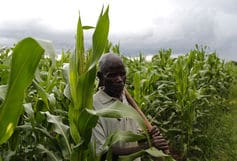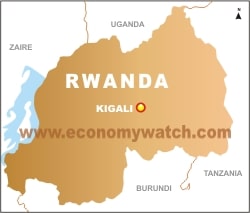Rwanda Invests in Energy and Food Security
The Rwandan government approved an energy-storage system that will provide 2.68 MW of energy to an irrigation project, according to The New Times. The equipment will be supplied by German company Tesvolt and will energize water pumps for irrigating crops. Authorities aim to mitigate stress on the national grid and secure food stability for struggling Rwandans.





